【Organizational Construction + Meeting Dynamics】The Establishment of the Artificial Intelligence - Hematological Tumor and Cell Therapy Branch of Sichuan Bioinformatics Society and the First Academic Conference Were Successfully Held!
Hematological tumors have always been one of the significant challenges faced by the medical community and patients. With the continuous advancement of science and technology, cell therapy, as a cutting-edge treatment method, has achieved remarkable results in the field of hematological tumors, bringing new hope to patients. To promote progress in the field of hematological tumors and cell therapy, to gather experts, researchers, and leaders in the medical community, and to improve patients' treatment outcomes and quality of life, the establishment of the Artificial Intelligence - Hematological Tumor and Cell Therapy Branch of Sichuan Bioinformatics Society and the First Academic Conference were grandly held in Chengdu from December 15th to 16th, 2023.
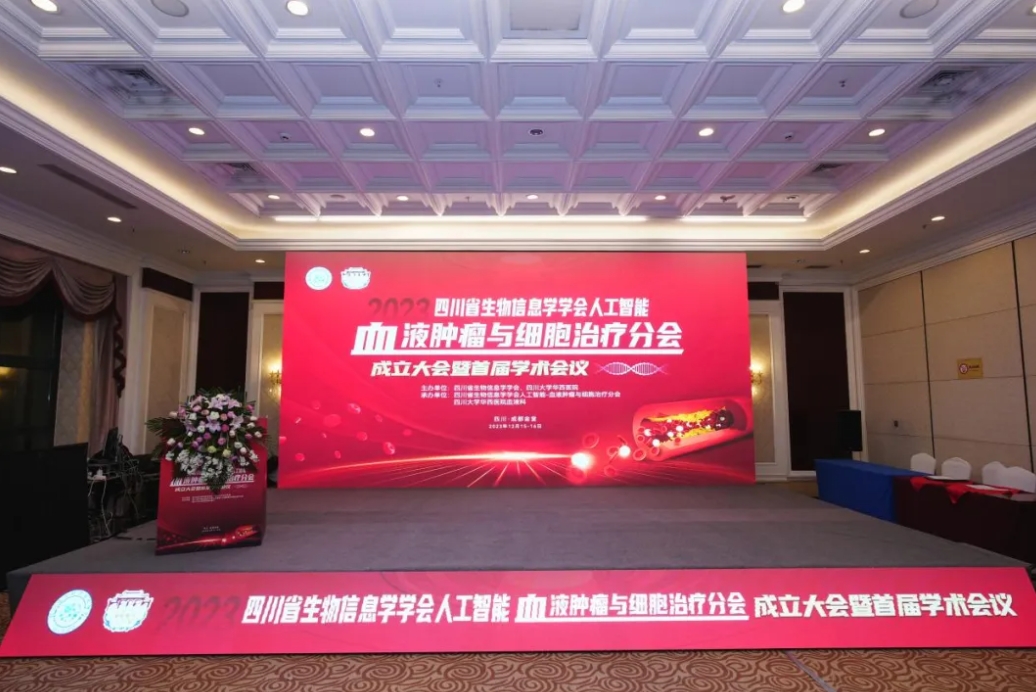
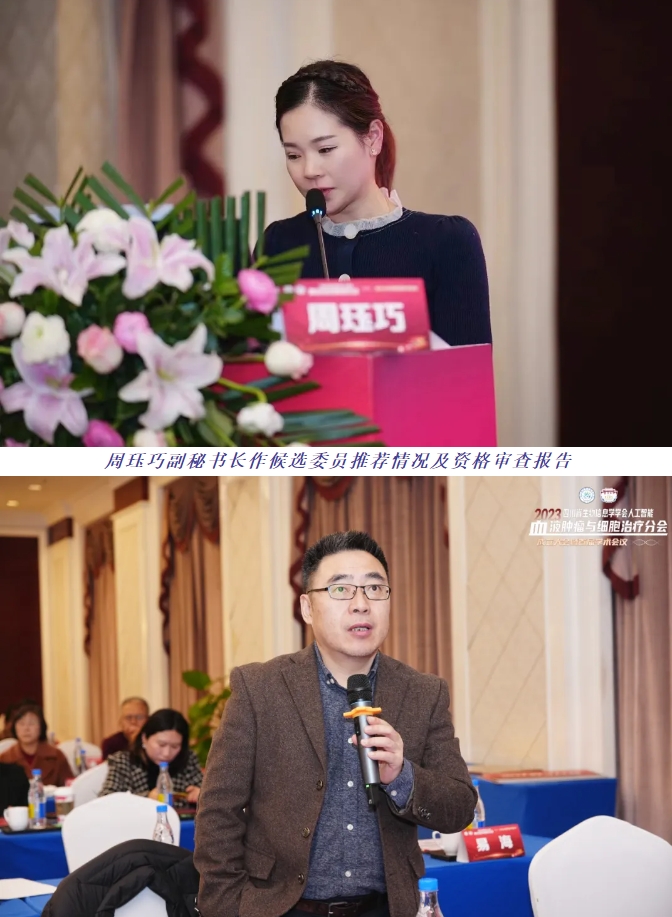
Director Jia Yongqian expressed that as the head of the branch, he will promote the work of the branch with a new perspective and firm determination. Firstly, he will be committed to strengthening academic exchanges and cooperation. By regularly organizing academic seminars and international academic exchanges, he will promote communication and cooperation among members and advance research in the field of hematological tumors and cell therapy. At the same time, he will actively cooperate with other relevant branches and institutions to jointly carry out interdisciplinary research and promote innovation and progress in treatment methods. Finally, he will be dedicated to promoting the clinical application of hematological tumors and cell therapy, closely monitoring the latest clinical research progress at home and abroad, and promoting the application of excellent treatment methods and technologies in clinical practice.
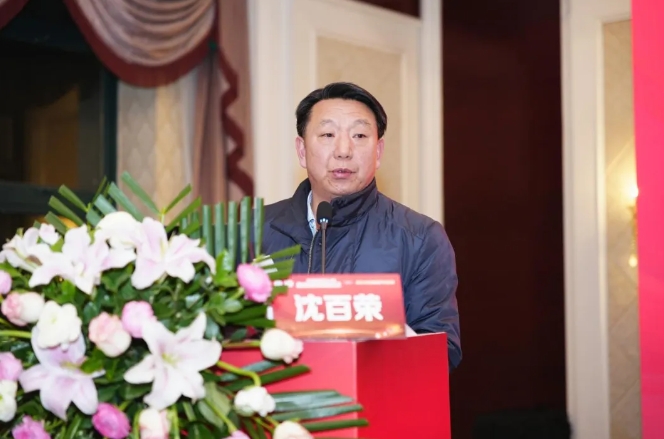
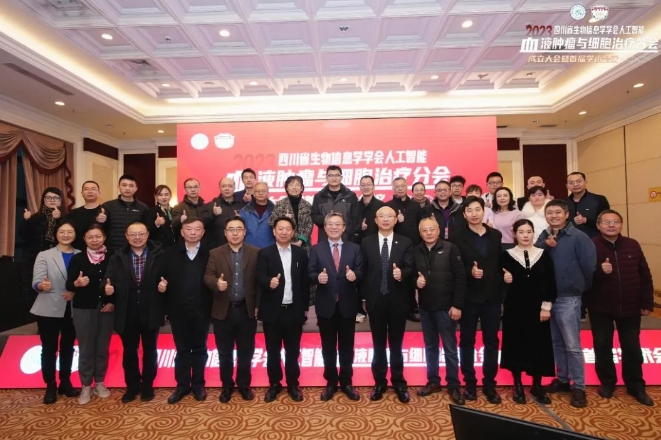
The opening ceremony was first held, and after the group photo of the participants, Academician Huang Xiaojun, President Shen Bairong, Dean Xu Caigang, and Director Niu Ting delivered speeches for the opening ceremony.

The Artificial Intelligence - Hematological Tumor and Cell Therapy Branch appointed Professor Chen Lu and Professor Liu Ting as academic advisors and appointed Professor Xu Caigang and Director Niu Ting as honorary directors.
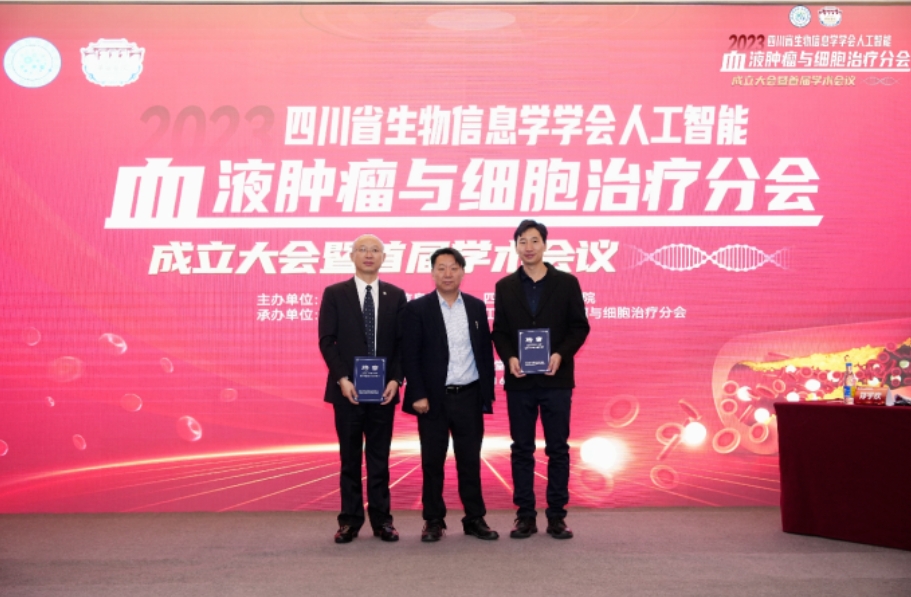
The following was a wonderful academic report session. In the morning, Professor Chen Lu from the National Key Laboratory of Biotherapy of Sichuan University, Professor Mi Jianqing from Ruijin Hospital affiliated with Shanghai Jiao Tong University, Professor Li Zhiming from the Cancer Center of Sun Yat-sen University, Professor Song Xiangmin from the First People's Hospital of Shanghai, Professor Sun Sanshan from Sichuan Normal University, Professor Li Hui from Sichuan Provincial People's Hospital, Professor Zheng Yuhuan from West China Hospital of Sichuan University, and Professor Su Yi from the General Hospital of the Western Theater Command, made academic reports on topics such as "Application of Bioinformatics in Hematological Diseases," "Research Progress of CAR-T Therapy for Hematological Tumors," "International Research Progress of PI3K Inhibitors," "Progress in Transplantation Therapy for Peripheral T-Cell Lymphoma," "Artificial Intelligence and Hematological Disease Image Processing," "Progress in Immunotherapy for Adult Ph- B-ALL," "Research Progress on Drug Resistance Mechanisms in Multiple Myeloma," and "Sequential CART Therapy for Multiple Myeloma with BCMA/GPRC5D."
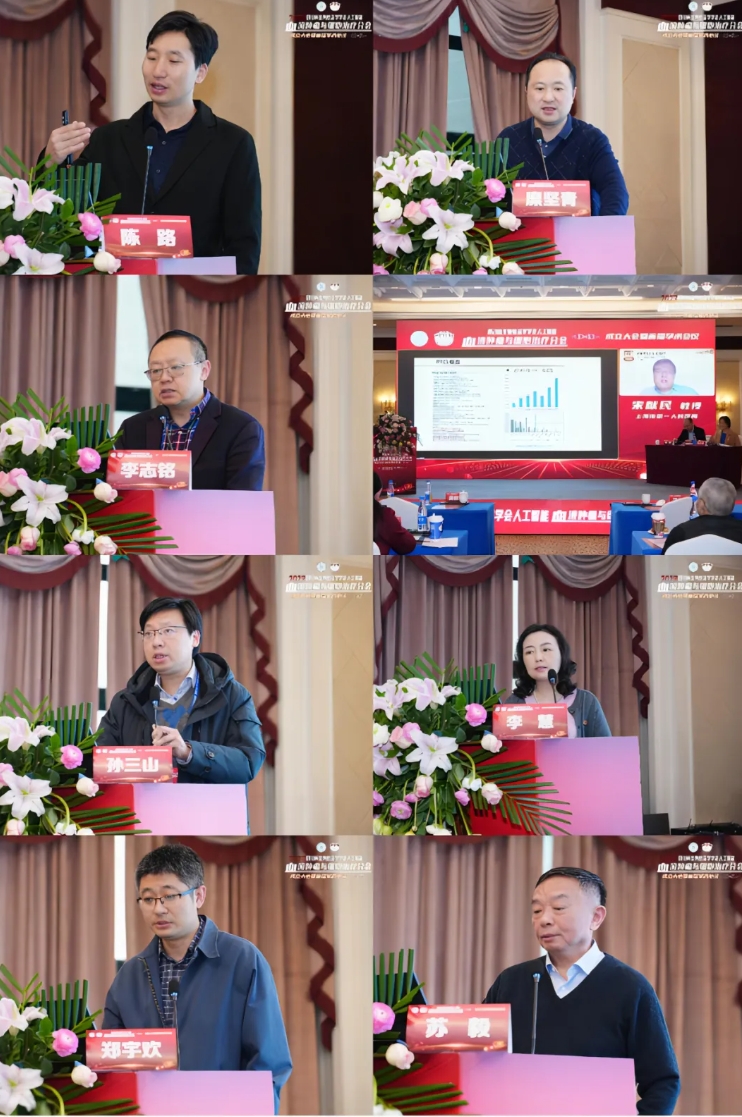
In the afternoon, Professor Liu Lin from the First Affiliated Hospital of Chongqing Medical University, Professor Tan Jing from the Third People's Hospital of Chengdu, Professor Gao Ju from the Second Affiliated Hospital of West China Hospital of Sichuan University, Professor Zhang Li from West China Hospital of Sichuan University, Professor Liu Qinyu from West China Hospital of Sichuan University, Professor Liu Zhijun from Sichuan Provincial People's Hospital, Professor Zou Xingli from the Affiliated Hospital of North Sichuan Medical College, and Professor Zhang Ruizhong from the Central Hospital of Dazhou, made academic reports on topics such as "Application of Autologous Hematopoietic Stem Cell Transplantation or Transplantation Combined with CAR-T in B-Cell Lymphoma," "Diagnosis and Treatment Progress of Plasmacytoid Dendritic Cell Acute Myeloid Leukemia (pDC-AML)," "Diagnosis and Treatment Progress of Congenital Severe Neutropenia," "Clinical Benefits of Daratumumab in Special Populations with MM," "Research Progress of Metabolomics in T-Lymphoblastic Leukemia," "Non-invasive Intestinal-Brain Targeted Delivery System for Precision Treatment of Central Lymphoma," "Excellent Choice for Preventing Neutropenia and FN in Anticancer Treatment," "Research on Prognostic Models of Diffuse Large B-Cell Lymphoma," and "Treatment of Refractory and Relapsed Diffuse Large B-Cell Lymphoma with Camrelizumab Combined with Decitabine."
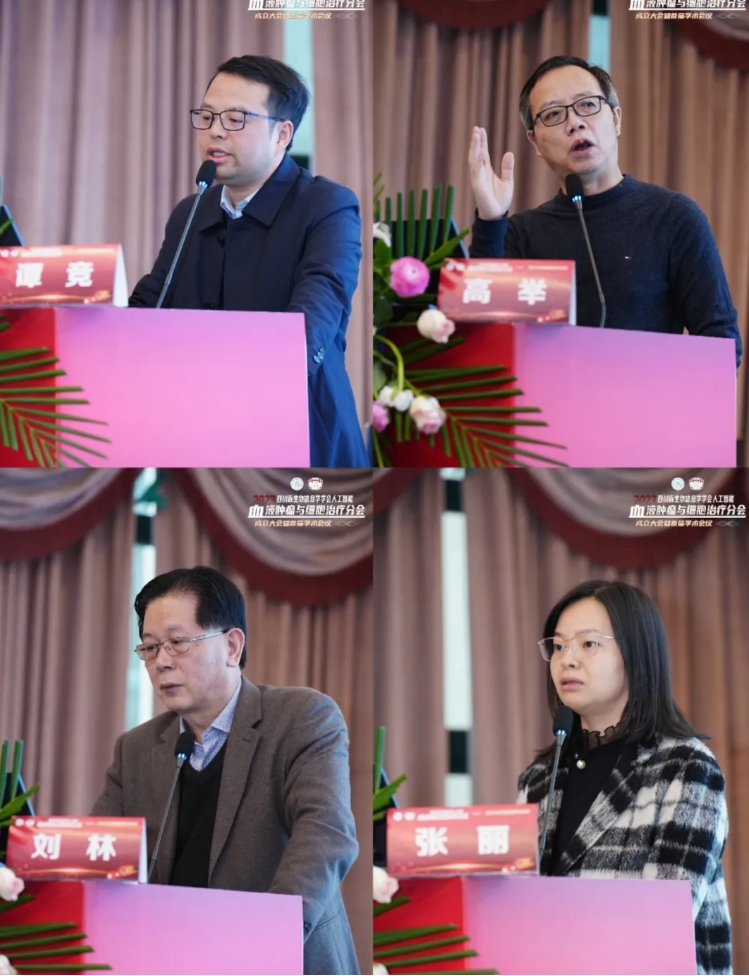
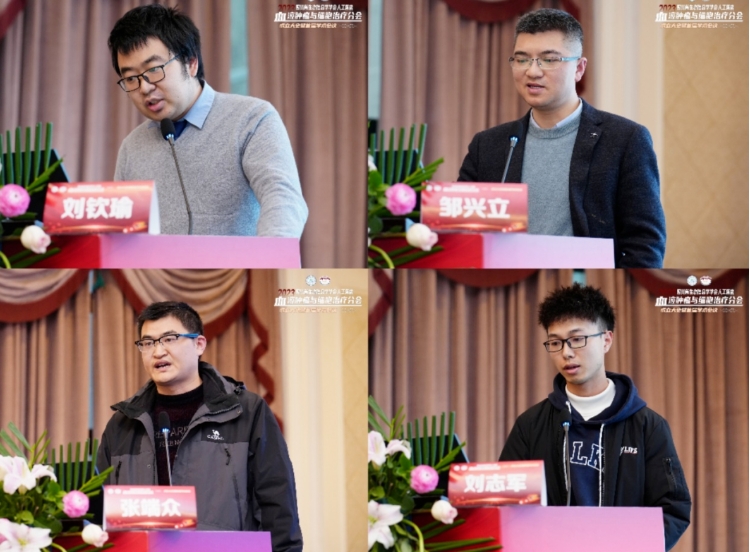
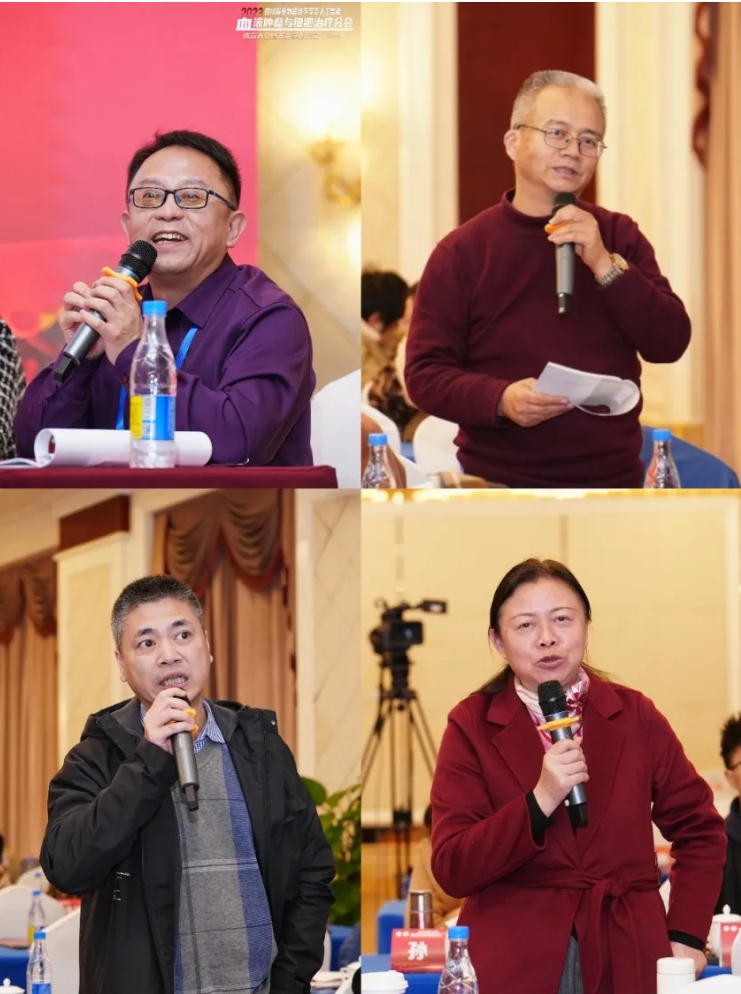
Through this academic conference, we not only learned about the latest developments in the field of cell therapy and hematological tumors but also promoted academic exchange and cooperation. The experts at the conference had in-depth discussions on issues in research and shared their research results and experiences. This conference provided us with a valuable opportunity to work together to promote the development of cell therapy in the field of hematological tumors, bringing more hope and well-being to patients.

